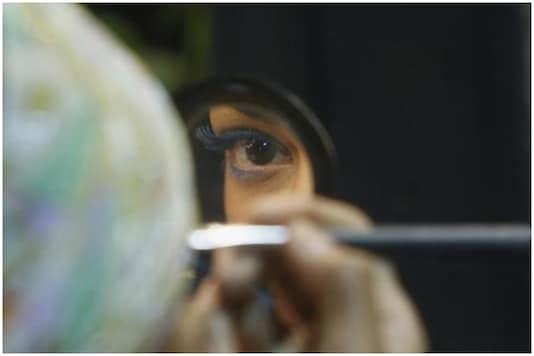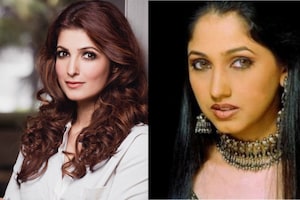Black doesn’t matter. That’s what I grew up hearing.
In my family of fair cousins, I stood out. At family weddings and functions, I was noticed. Not because I was special but because I was dark. Not ones to mince their words, my relatives would not so gently offer suggestions like applying turmeric paste to face, drinking coconut water so that my colour would lighten. And of course fairness creams. The most famous of them all was 'Fair and Lovely' and my relatives kept up a generous supply of said cream by giving me tubes of it as "gifts" along with plenty of advice on how to use it and how many times. This would be diligently followed up by calls from my relatives to my mother on whether it was working!
No, the creams did not work. But what they certainly did do was was make me more conscious of the disadvantages of my skin tone. Suddenly I began spending long hours in front of the mirror. Every blemish was scrutinised. Had I indeed become fairer? Was I dark? Was I unfit and an embarrassment to my family?
It is hard to estimate the impact of constant barbs and scrutiny of skin colour on one’s self-esteem. And to be told asked "How come you are dark when your parents and brothers are fair?" just made it worse.
The first fallout was that I became a recluse. I dreaded attending family events. Going out and meeting my relatives would mean more questions regarding my skin colour. I began to make excuses to avoid any family gathering. The few I was compelled to attend were spent either sitting in a corner away from prying eyes or mingling with the children who thankfully had remained untouched by the colour bar.
And then the depression began. It didn’t stop just by avoiding relatives and public functions. It went deeper. It made me believe that colour does matter. That this would be the criteria for choosing a career or even my circle of friends. Unfortunately for me, the friends I made in college were fair or fairer than me. This added to my discomfort each time I went out with them or when I looked at myself in the mirror. When we went shopping, my fairer friends would pick any colour of clothes. I would mentally wonder which colour would suit me as I was dark. Lighter colours for me were a big no-no as I was made to believe it would make me look darker.
And then it was time to choose a career. I decided to become a lawyer as I felt it would help me fit in. The dark robes of lawyers held a kind of ironic attraction. Not just as a profession but also a colour I could identify with.
But then destiny stepped in. I entered a profession that continues to perpetuate the importance of and preference to fairer skin. Where looks and presentation are as important as what you say and do. I entered the world of television.
To say that colourism doesn’t exist in this world would be dishonest. I was a reporter when I began and would overhear some colleagues discuss which anchor was fairer and how she /he was doing well because “gori chamri matters” (white skin matters). The Indian obsession with fair skin is most reflected in our world of glamour. But being in the field, spending hours in the sun and earning a tan was seen as hard work done. One of my bosses once told me, “If you are out in the field in dead-heat and don’t look tanned it means you have been plain lazy!” Phew! Slowly, I began to realise that black or dark was also a nice colour.
The news of HUL removing the word 'fair' from the former name of its premium popular product 'Fair and Lovely' is perhaps heartening. But the years of making fairness synonymous with being lovely has destroyed the mental peace and health of many. What do I do with the many tubes of fair and lovely which became a part of my beauty regime in my growing years? The tubes might be empty now and soon renamed but the scars they have left behind, though healed by time, still make me take a second look sometimes when looking in the mirror, just to check the if my skin was looking even-toned and compliant.
Even now I often blurt out, quite inadvertently while applying to make up before a show, asking the makeup technicians to "use less makeup as I am dark and that makeup would look bad on me".
For all those who like me grew up with tubes of fairness creams on their dressing table, all I can say is colour need not be a bar. That black matters. We matter. And for heavens' sake, never ever let that tube make you feel like you don't.










